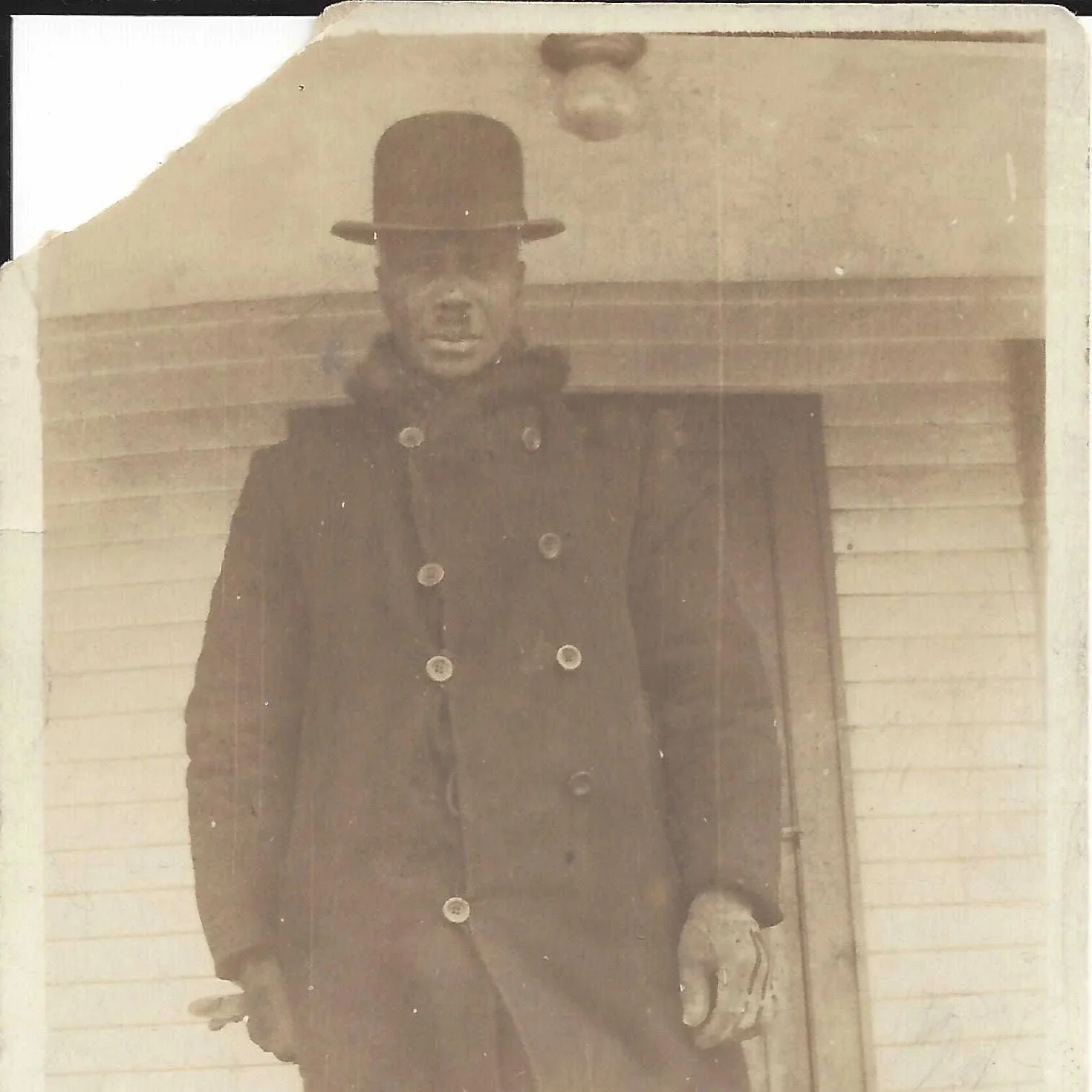Recently Retired from the Military? Here's What to Know
/Adjusting to civilian life after years in the military can be tough for many veterans. It's not an easy transition. According to a Pew Research Center survey of 1,853 veterans, 27 percent said that re-entry was difficult. That number climbed to 44 percent among veterans who served in the 10 years since September 11, 2001. That's why it's important that if you're having difficulties re-entering civilian society that you get the help you need, whether that's through support groups, taking advantage of military benefits, practicing self-care, or using veteran resources. Here's what you need to know about retiring from the military and transitioning to civilian life.
To help support them, military academy challenge coins have a longstanding tradition throughout all branches of the United States Military. These challenge coins are a great way to honor soldiers and service.1. You'll Need a Support Network
Transitioning out of the military can be traumatic for many, which is why it can help to have a support network of other military veterans who know what you're going through. The Vet Support Network hosts events that empower veterans by offering training classes and support for homeless veterans. There are plenty of other support networks out there so find one that can help you in whatever you aim to do after leaving the military.
2. Take Advantage of Military Benefits
Being in the military has its own set of advantages. Now that you're a military vet, you can take advantage of an array of benefits like:
Special discounts
Caregiver support
Long-term care
Death benefits
Free tax preparation
Life insurance
Mortgage assistance
Other types of loans
USAA is a valuable resource for veterans (and their families), as the company helps prepare their customers for a bright financial future. The company offers insurance and credit cards with perks for those affiliated with the military. So start learning about all of the benefits available to you based on your time in the service and where you live.
3. Practicing Self-Care Can Help
Practicing self-care can help you relieve stress and cope with life outside the military. It can give you a better quality of life and make the transition a little bit easier. There are tons of ways to practice self-care, including:
Going for a long walk in nature
Dancing it out
Practicing daily gratitude
Doing something that makes you laugh
Creating a routine and sticking to it
If one of the above ideas doesn't interest you, do a little research about self-care, find the things you'd like to do, and start practicing it as often as you can.
4. Look for Veteran Resources
As you know, the transition from military life to civilian life can be tricky. But luckily, there are tons of resources at your disposal that can help make the transition a little easier. If you're looking to get a job, there are several organizations that can help you with the process. For example, organizations like the ones listed here can help you gain the skills you need to find a job you like.
National Association of American Veterans (NAAV)
Veterans of Foreign Affairs (VFW)
Veterans Support Organization (VSO)
America Wants You
Contact one of the organizations above to find out how they can help you get back on your feet.
Adjusting to Military Retirement
Retiring from the military is an honor and a privilege, but adjusting to life outside the military can be challenging. That's why it's important that you find ways to cope with re-entering civilian life, which could mean taking advantage of all of the benefits that come with being a military vet, looking for veteran resources that can help you get back on your feet, practicing self-care, or finding a support network that can help you deal with retiring from the military in healthy ways.











